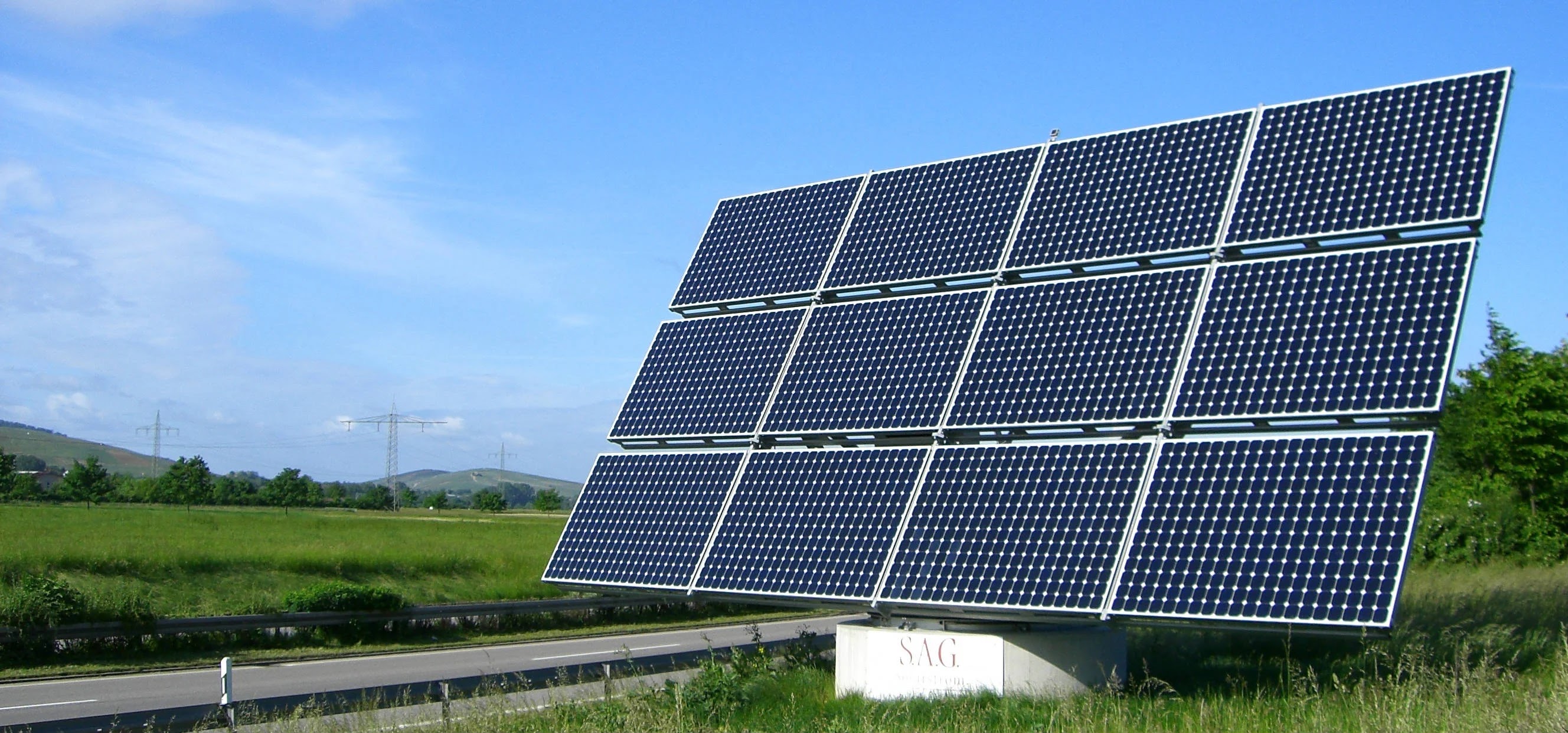Introduction
The world's transition towards sustainable energy solutions has seen an increased reliance on solar power systems, and the key to their effectiveness lies in solar batteries. Solar batteries store excess energy generated by solar panels during the day for use during the night or cloudy days, ensuring a continuous and reliable power supply. When choosing a solar battery, it's crucial to consider various features that make it effective and suitable for your specific energy needs. In this comprehensive guide, we will explore the key features of a high-quality solar battery that can help you make an informed decision and get the most out of your solar energy system.
1. Capacity: Store More Energy
Capacity, often measured in kilowatt-hours (kWh), is one of the most critical features of a solar battery. It determines how much energy the battery can store. A good solar battery should offer sufficient capacity to store excess energy generated by your solar panels, allowing you to cover your energy needs during nighttime or cloudy days. To determine the ideal capacity for your solar battery, assess your daily electricity consumption and your solar panel's daily energy generation.
2. Efficiency: Maximize Energy Utilization
Efficiency refers to the ability of the battery to convert and store energy effectively. High efficiency ensures minimal energy loss during the charge and discharge cycles. A quality solar battery will have an efficient energy conversion process, allowing you to make the most of the energy generated by your solar panels.
3. Depth of Discharge (DoD): Use More Stored Energy
The Depth of Discharge (DoD) indicates how much of the battery's capacity you can use without damaging it. A high DoD means you can utilize a larger portion of the battery's capacity, resulting in more usable energy storage. Solar batteries with a high DoD are preferable as they offer more flexibility in meeting your energy requirements.
4. Cycle Life: Longevity and Durability
Cycle life is a critical feature of a solar battery, indicating the number of charge and discharge cycles it can undergo before experiencing significant capacity degradation. A high-quality battery should have a long cycle life, ensuring its longevity and reliable performance over many years. Longer cycle life batteries can be more cost-effective in the long run as they require fewer replacements.
5. Safety: Protect Your Investment
Safety is a paramount concern when selecting a solar battery. A good solar battery should incorporate safety features to protect against potential risks. These features may include thermal management to prevent overheating, safeguards against overcharging and over-discharging, and protection against short circuits. Ensuring the safety of your battery is essential for both your peace of mind and the longevity of your solar energy system.
6. Compatibility: Seamless Integration
Your solar battery should seamlessly integrate with your existing solar energy system, including your solar panels, inverter, and charge controller. Compatibility ensures that the components work harmoniously to maximize energy efficiency and overall system performance. Before purchasing a solar battery, consult with a solar energy professional to confirm compatibility with your specific setup.
7. Warranty: Assurance of Reliability
A reliable warranty is a critical aspect of a solar battery's appeal. A reputable manufacturer will offer a warranty that provides coverage in case of defects or performance issues. Warranties vary in terms of duration and terms, so it's advisable to carefully read and understand the warranty terms before making a purchase. A strong warranty not only offers financial protection but also reflects the manufacturer's confidence in the battery's quality and performance.
8. Scalability: Plan for the Future
Scalability is the capacity to expand your solar battery storage system in the future. This feature allows you to increase your storage capacity as your energy needs grow or as technology advances. When choosing a solar battery, consider how easy it is to add more batteries or increase capacity, ensuring your system can adapt to changing circumstances.
9. Remote Monitoring: Enhanced Convenience and Control
Many modern solar batteries come with remote monitoring and management features. These allow you to keep tabs on your battery's performance, check charge levels, and adjust settings from a smartphone or computer. Remote monitoring enhances convenience, providing you with greater control over your energy consumption and storage.
10. Environmental Impact: Choose Eco-Friendly Options
Environmental considerations are increasingly important. Opt for solar batteries that are environmentally friendly and have a low environmental footprint. Some manufacturers offer recycling programs for old batteries, reducing waste and supporting eco-conscious practices.
Conclusion
Selecting a solar battery is a critical decision when building or expanding your solar energy system. A high-quality solar battery with the right features can make a significant difference in the effectiveness and reliability of your solar setup. Capacity, efficiency, depth of discharge, cycle life, safety, compatibility, warranty, scalability, remote monitoring, and environmental impact are all crucial factors to consider. By carefully evaluating these features and understanding your specific energy needs, you can make an informed choice that ensures your solar energy system operates efficiently, reliably, and sustainably for years to come.








0 Comments